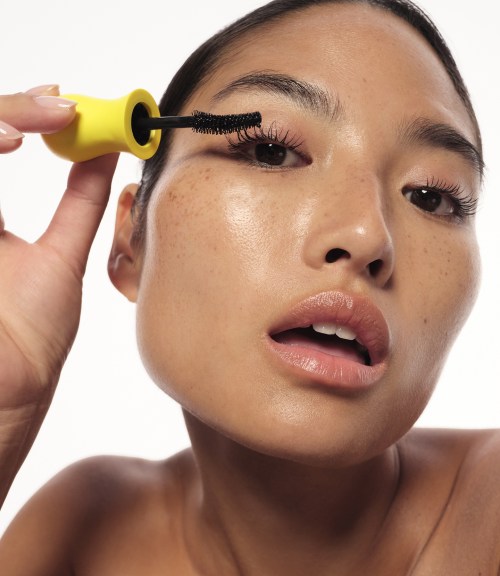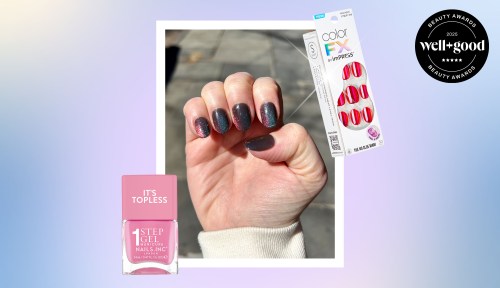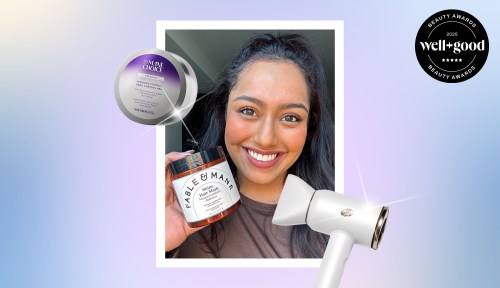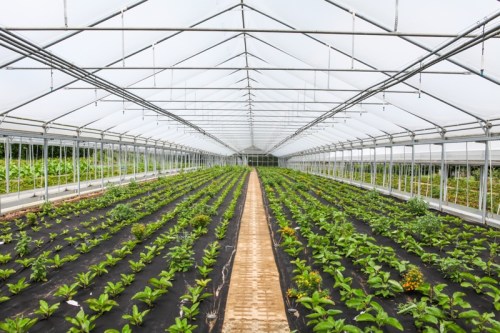
The “Certified USDA Organic” seal is known as the original and best indicator of clean food and beauty products, grown without pesticides.
But there’s another agricultural standard you should keep an eye out for that’s growing (ahem) in popularity, and it goes a step—or three—beyond what organic requires: It’s the Demeter Association certification. And it indicates when your moisturizer or body wash contains ingredients that aren’t just organic but also biodynamically farmed.
(If you’re racking your brain for a biodynamic farming reference and can only come up with that one biodynamic French wine you drank this summer, no worries—we’re about to explain.)
Biodynamic beauty brands say a plant’s potency directly correlates to the potency of the product—and the effect it has on your skin.
The Demeter Association seal is largely used on products made from plants farmed in Europe. In the US, biodynamic farming is just starting to gain traction in a formal way. (The Demeter website shows a handful of farms in places like California, and lists the beauty brands currently making use of their crops.)
Both the growers and the beauty brands working with biodynamic plants like to say that biodynamic farming takes “organic” to another level, both in product quality and environmental impact. It’s considered to be an “ecological, ethical, and spiritual approach to agriculture,” says Andrea Horn-Straub, of Weleda, which is the largest beauty brand using this traditional farming practice.
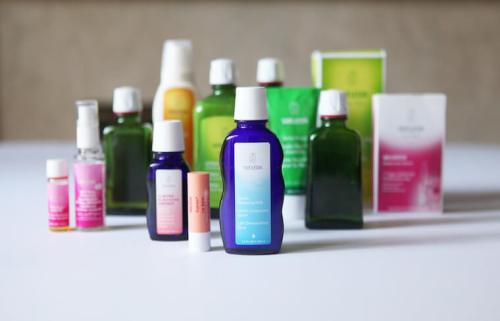
What do they mean by ethical-spiritual? Well, biodynamic farmers plant and harvest according to the sun, moon, and planetary cycles (check out a Farmer’s Almanac and you’ll see it there, too). This can make huge difference in fending off insects without the use of pesticides to picking that plant at a time that preserves its potency. (No lifeless, wilted plants in our moisturizer, thanks.)
To get a first-hand look at biodynamic farming, my camera and I visited the Weleda gardens in Schwäbisch Gmünd, Germany, where it’s been the backbone of the brand’s natural beauty formulations for almost 100 years.
Ahead, five cool things you should know about the burgeoning biodynamic basis of your beauty products…
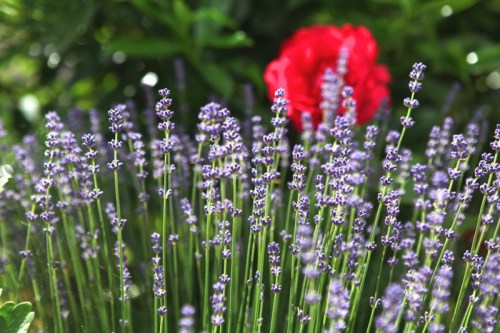
1. Biodynamically farmed ingredients might be more potent than organic alone.
According to Weleda’s Horn-Straub, a plant’s potency directly correlates to the potency of the final product—and the effect it has on your skin, she says. So the time a plant is harvested is everything. “Plants harvested from a biodynamically cultivated garden are more effective because they have reached their peak of energy and vitality; they have been planted in alignment with various growing cycles and harvested when the plants are at their most vital point.” More powerful beauty products? We’re down with that.
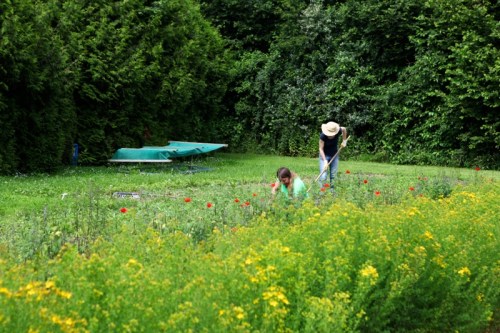
2. A true biodynamic farm is 100 percent sustainable.
As in, everything that keeps the farm healthy—including natural fertilizers—comes from the farm itself, which minimizes soil depletion and environmental impact. “Biodynamic agriculture integrates the concept of ‘life supporting life,'” Horn-Straub explains. “It’s an ecological, ethical, and spiritual approach to agriculture that goes beyond organic to actually heal the soil and create an interconnected, self-sustaining farm.”
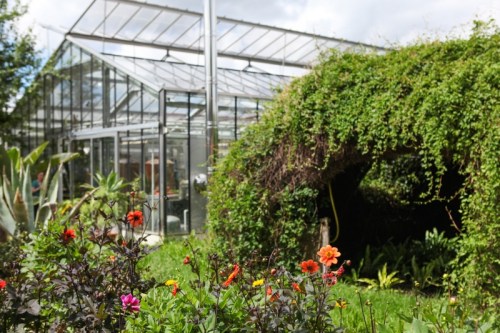
3. Biodynamically grown ingredients are pesticide- and chemical-free.
Because a biodynamic farm maintains a natural balance of plant, animal, and insect species, farmers don’t need to protect crops from insect infestations or plant overgrowth with chemicals. In general, plants are hand-harvested and cover crops, green manures, and crop rotations are used extensively to foster biological diversity of plant and animal life, the Weleda team says.

4. Biodynamic farming let’s plants do their thing without as much human meddling.
While planting and harvesting times make a huge different, biodynamic farmers say it’s also about just letting plants do the work. For example, says Horn-Straub, farmers often use companion planting, “wherein different plant species are grown together to take advantage of the inherent properties of the plant, allowing each one to flourish naturally, with little human intervention.” Brilliant.
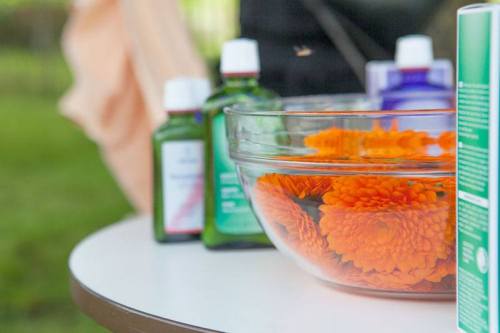
5. Biodynamic farming is magical.
Okay, not literally, but that’s what it seems like when you see it in action. At the Weleda garden, I couldn’t help but marvel at the many farm rituals that are performed by hand each day—one of which involved intention setting and a bull horn. “There are nine biodynamic preparations made to ready the garden for crops,” says Horn-Straub, adding that each one acts as a “biostimulant” that activates bacterial processes in the soil. “These preparations are all so important because they actually help to heal the soil and earth where the crops are grown,” she adds. A farm that sustains and heals itself? That’s gotta add some magic to your beauty routine, for sure.
Speaking of skin-care magic, here’s what happened when one editor washed her face with honey for a month, and other natural skin-care secrets that Well+Good readers swear by, plus the supplements experts like best for getting great skin.
Sign Up for Our Daily Newsletter
Get all the latest in wellness, trends, food, fitness, beauty, and more delivered right to your inbox.
Got it, you've been added to our email list.



